Creating inclusive spaces for 2SLGBTQIA+ students at faith-based institutions
While progress is being made, queer students at some universities still face challenges from administration.
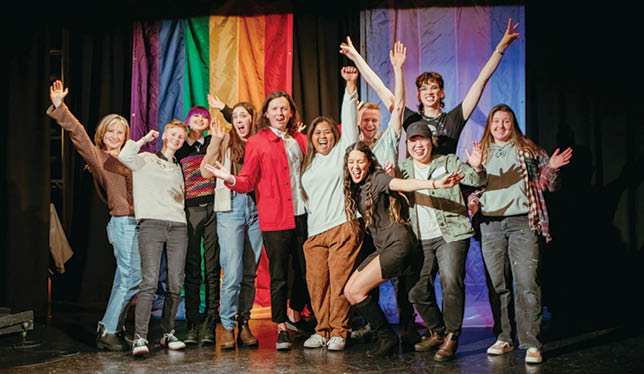
Master’s of social work students Ashleigh Lucas and Erin Michalski felt something was missing from their campus experience at King’s University College, which is affiliated with Western University.
The two members of the queer community say they found there was a lack of queer spaces, representation and support at their faith-based school, which has roots in the Catholic tradition. “We were finding that there was a lack of queer representation even within our coursework and we were then having to bring that up in class and kind of take that on ourselves,” Ms. Michalski added.
So the two students decided to do something about it. “We figured that there must be other queer folks out there who wanted to build those connections as well,” Ms. Lucas said.
They reached out to the university’s social work program liaison about starting a support group and were quickly connected with the institution’s newly created director of equity, diversity, inclusion and decolonization. They soon had institutional support from the dean of students and staff interested in facilitating the group. Then, on an evening in October 2023, the new 2SLGBTQIA+ support group met at King’s for the first time.
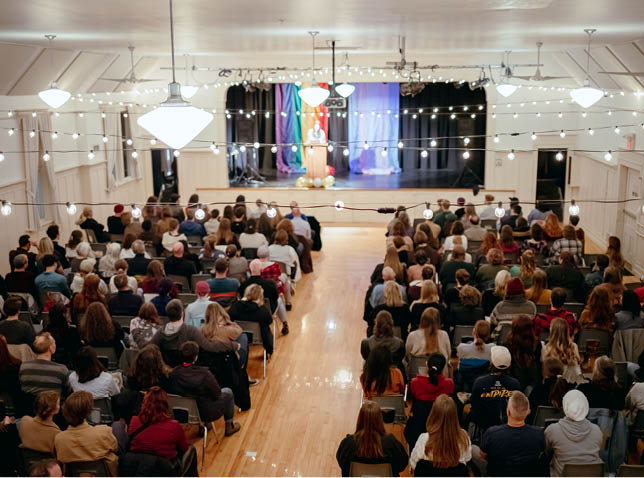
The group provides a safe and supportive space to talk about queer issues and identities, and it’s also a place for building community and having fun. The final meeting of 2023 featured a live drag performance and learning about the art of drag. Ms. Lucas and Ms. Michalski said the group has already exceeded their expectations, and a tight-knight community has swiftly formed.
“I live in Toronto and come to campus just for my classes. And even if my class gets canceled, or it’s been a long week, I stay for this group, because it has been so vital to my health and my joy,” Ms. Michalski said.
Zoe Leyland is one of two facilitators for the new group at King’s and is a member of the queer community. She said she came out later in life and wishes she had had something like the 2SLGBTQ+ Support Group. “I really didn’t have representation or spaces. I really had to navigate it in a very kind of messy way,” she said.
Now, Dr. Leyland is helping to create a different environment for students. “The first thing I said, in our first session, is I want you all to experience queer joy. And that’s what I’ve been really working towards throughout all of our meetings,” she said.
Joe Henry, dean of students at King’s, said this support group is a first for the school. “As a faith-based institution, we know there’s a lot of historical issues associated with that,” he said. But the school has grown and evolved, he added, and an initiative like this aligns with King’s mission to recognize the inherent dignity of everyone on campus.
“We want to make sure that people feel supported and welcome,” he said. “And it’s not enough just to put the Pride flag up. It also means that we have visible places and spaces where people can feel connected.”
There are 2SLGBTQIA+ students and staff at faith-based institutions across Canada. Some schools, like King’s University College, are stepping up to support this community and create more supportive and inclusive environments. At other faith-based schools, however, queer students describe a hostile environment and a lack of support from university administration. Students and alumni involved with One TWU, an independent group of 2SLGBTQIA+ students, alumni and allies at Trinity Western University, said there is a challenging environment on campus for queer students and allies.
Kathryn Buchner, a third-year environmental studies student, became involved in One TWU in their first year, after seeing a poster on campus for the group. At that time, Mx. Buchner said, they were considering switching schools as it felt there were no spaces for queer students on campus.
They are now One TWU’s student director. One worry is how current students will find out about the group. One TWU is no longer permitted by university administration to put up posters or stickers on campus. Last year, the group’s request to hold a storytelling night on campus was denied by administrators, even though they’d previously held the event on campus. “It’s always kind of been like a hostile environment for queer people, but recently there’s definitely a lot more pushback to us and our club,” Mx. Buchner said.
TWU, a private Christian university in Langley, B.C. garnered headlines in 2018 when it lost its legal battle at the Supreme Court of Canada over accreditation for a proposed law school. At issue was the university’s community covenant that forbade sex outside of heterosexual marriage. Law societies in B.C. and Ontario argued the mandatory covenant amounted to discrimination against 2SLGBTQIA+ students. TWU later dropped the covenant for students, but it remains in place for administrators, faculty and staff.

Carter Sawatzky, One TWU’s communications director, graduated from the school last year. They say one of the most common questions they’re asked is why attend a faith-based school as a queer student. “Students can be both LGBTQ and religious,” they said. “Often when people come to TWU, including myself, they’re not open. I was closeted, deeply in the struggle, because I grew up thinking I had to choose between God or my identity, my gender and my attractions.”
To mark its 10th anniversary later this year, One TWU has an ongoing fundraising campaign aimed at ensuring the group continues to exist. Funds will go to various initiatives, including hiring a chaplain to minister to 2SLGBTQIA+ students.
Such a person could meet with queer students regularly, check in with them, see how they’re doing and provide spiritual support, Mx. Sawatzky said. “There are no formal supports for LGBTQ students at Trinity at all, other than what One TWU provides. We need more supports.”
Another faith-based institution that’s been in the headlines over the years is Crandall University, a Christian school in Moncton, New Brunswick. For about 10 years, job candidates were previously given a “community standards” document that stipulated sexual intimacy is to be reserved for traditional marriage between a man and woman.
In a statement to University Affairs, Crandall’s marketing and communications manager, Darrell Nevers, said the school does not have a statement of community standards for employees or students that includes reference to sexuality or gender identity.
“We are pleased to welcome all students who come to study at Crandall; our mission statement makes it clear that we are open to serving “all people who apply to study at Crandall University.” This, of course, includes members of the 2SLGBTQ+ community,” the statement said.
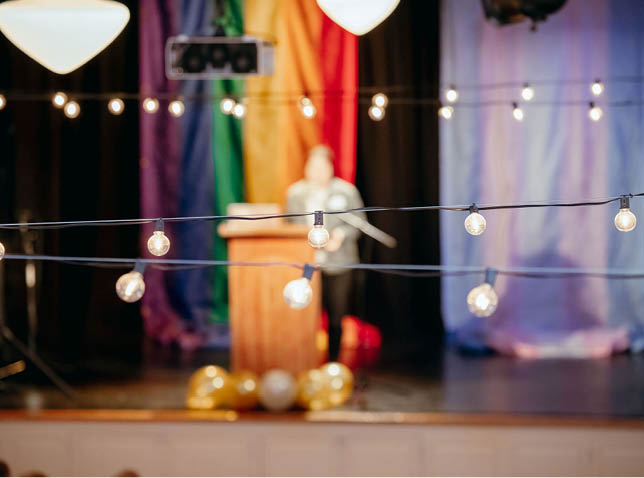
Steps have also been taken to make facilities more accessible at Crandall, such as providing private, gender-neutral washrooms in academic buildings, and the school said it is exploring options in planned campus housing renovations to address some issues important to gender diverse students.
Carole Audet is the associate vice-rector of talent, diversity and culture at Saint Paul University, a bilingual and Catholic school in Ottawa. She said work is currently underway to better address the needs of all members of the university community, and that starts with understanding who exactly is part of the community. As part of a survey that went out early in 2024 to professors, support staff and students, respondents were asked if they identify as a member of the LGBTQ community and what their campus experience has been like.
“Informally, we know that we have members of the LGBTQ community within the university, but at the same time, I think we need to give them their voice in a proper manner,” Ms. Audet said. It’s the first step in a long process, she added. Other initiatives include unconscious bias training, which is expected to be rolled out this year, and creating an action plan that identifies barriers and areas for improvement. Ultimately, Ms. Audet said she wants to help create a better experience for everyone at the school.
As part of that, she’s been reflecting on how to balance the needs of the organization and it’s faith-based mission with the needs of the diverse people at the school. “I believe there is a way that we can get that done. It’s about creating the space for those dialogues, and making sure that everyone is heard,” she said. “There is room for everyone within this organization.”
Featured Jobs
- Psychology - Assistant Professor (Speech-Language Pathology)University of Victoria
- Veterinary Medicine - Faculty Position (Large Animal Internal Medicine) University of Saskatchewan
- Canada Excellence Research Chair in Forest Biodiversity Conservation (Full Professor)University of New Brunswick
- Canada Excellence Research Chair in Energy TransitionsUniversité du Québec à Trois-Rivières (UQTR)
- Business – Lecturer or Assistant Professor, 2-year term (Strategic Management) McMaster University

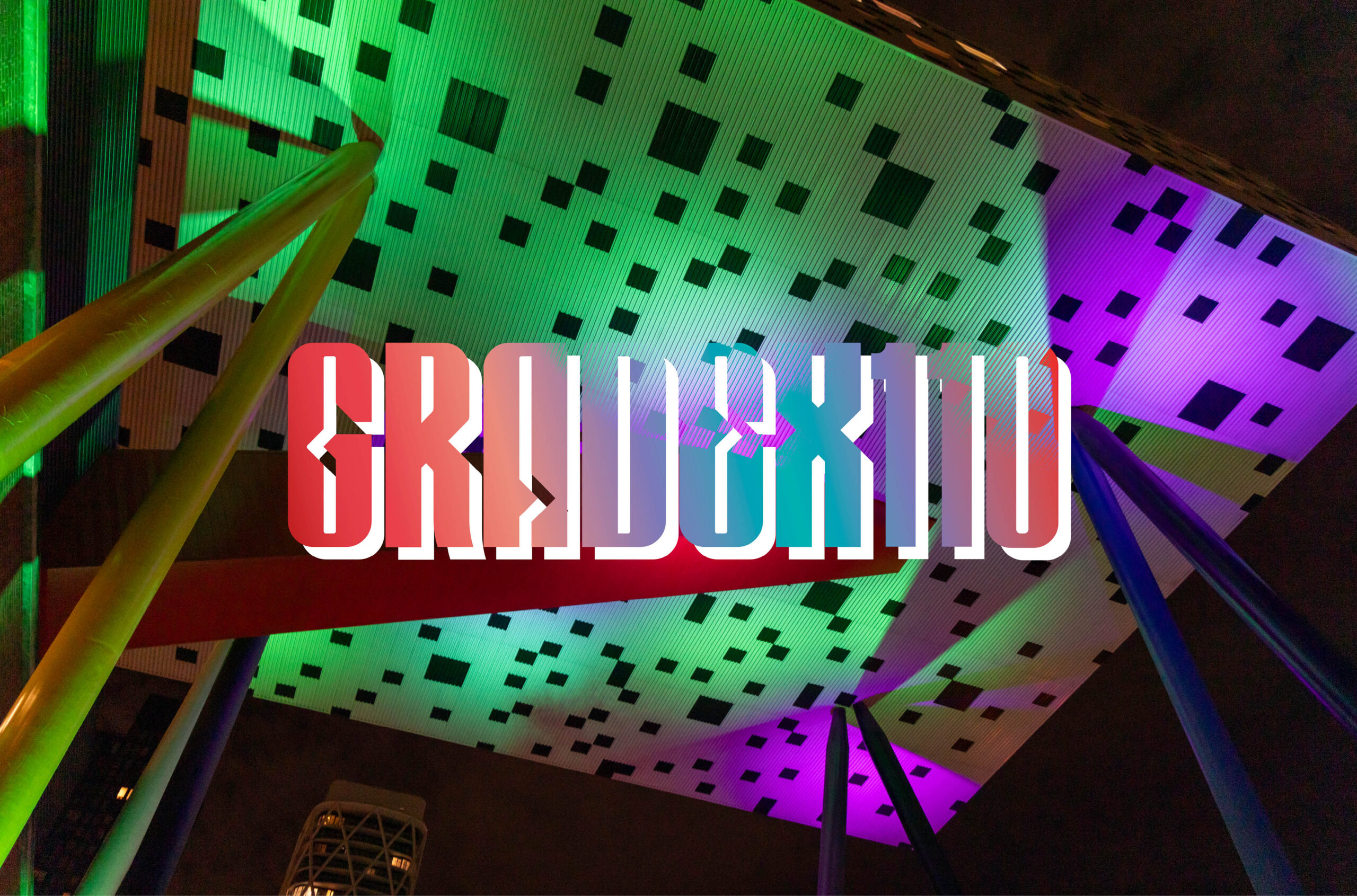

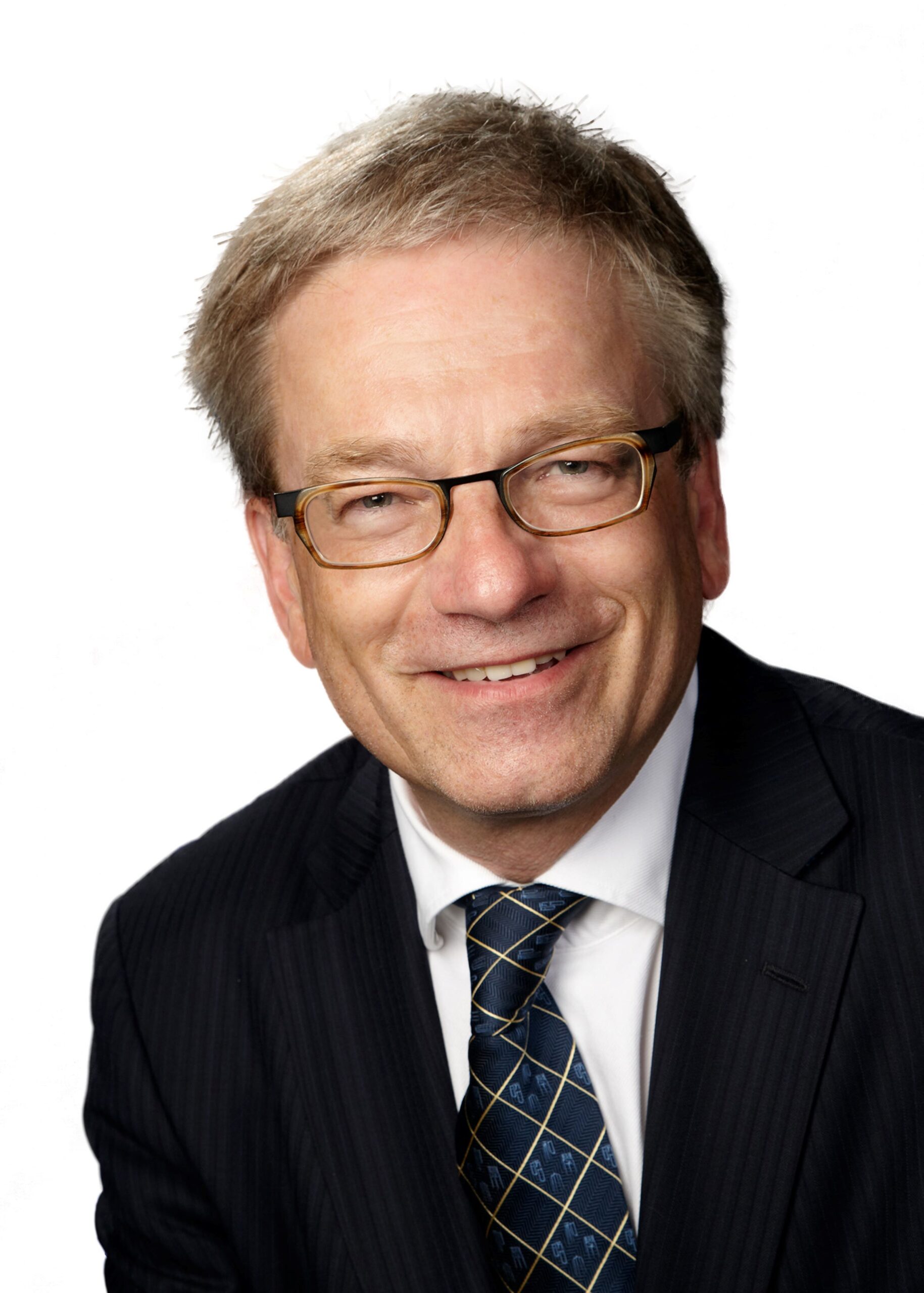

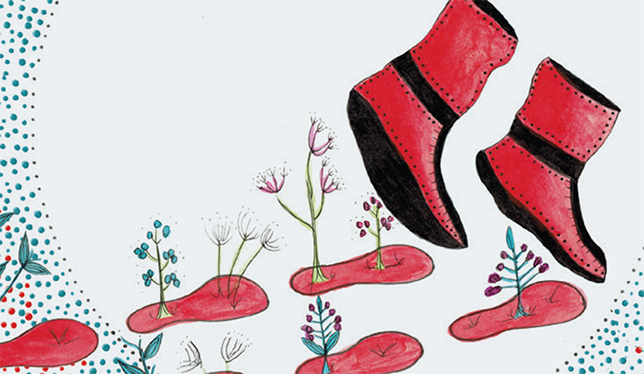


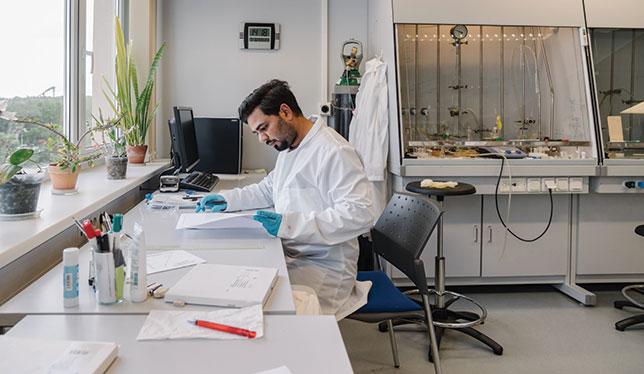
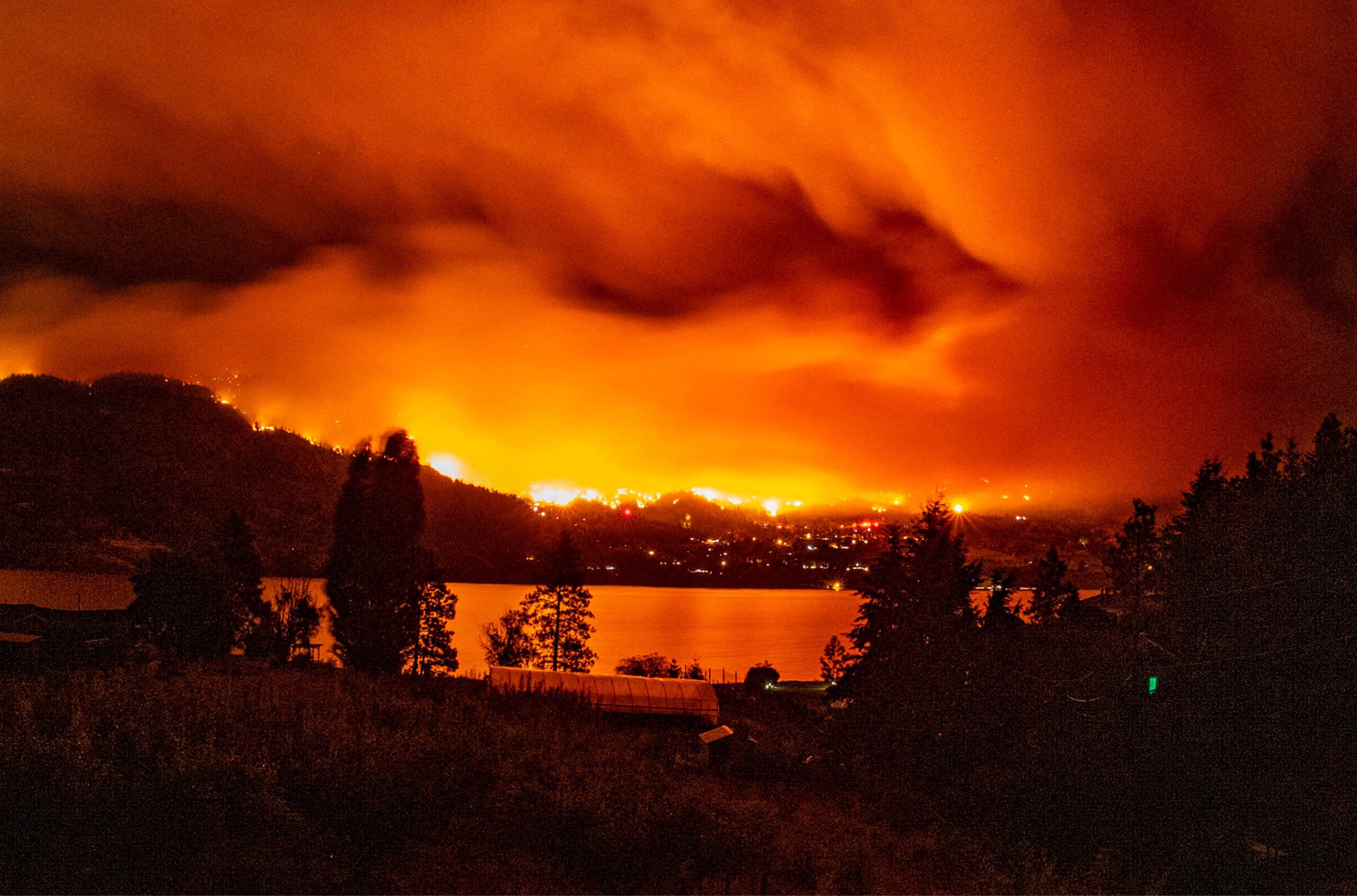



Post a comment
University Affairs moderates all comments according to the following guidelines. If approved, comments generally appear within one business day. We may republish particularly insightful remarks in our print edition or elsewhere.